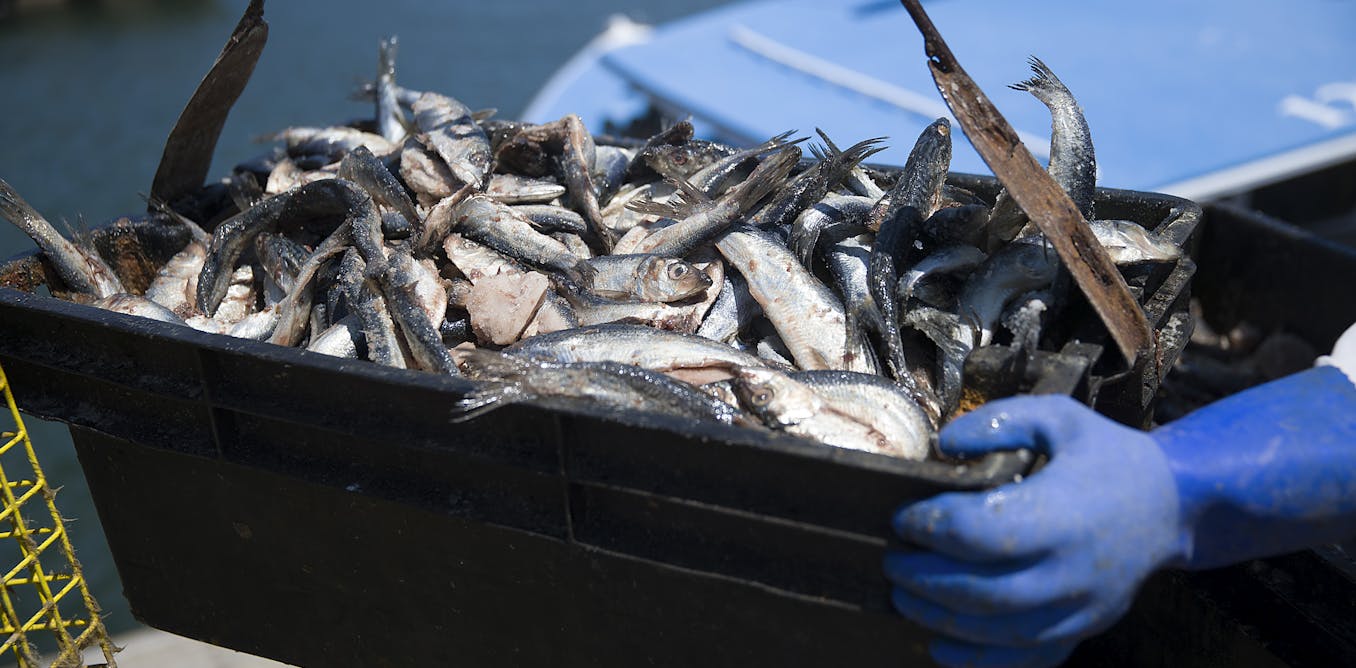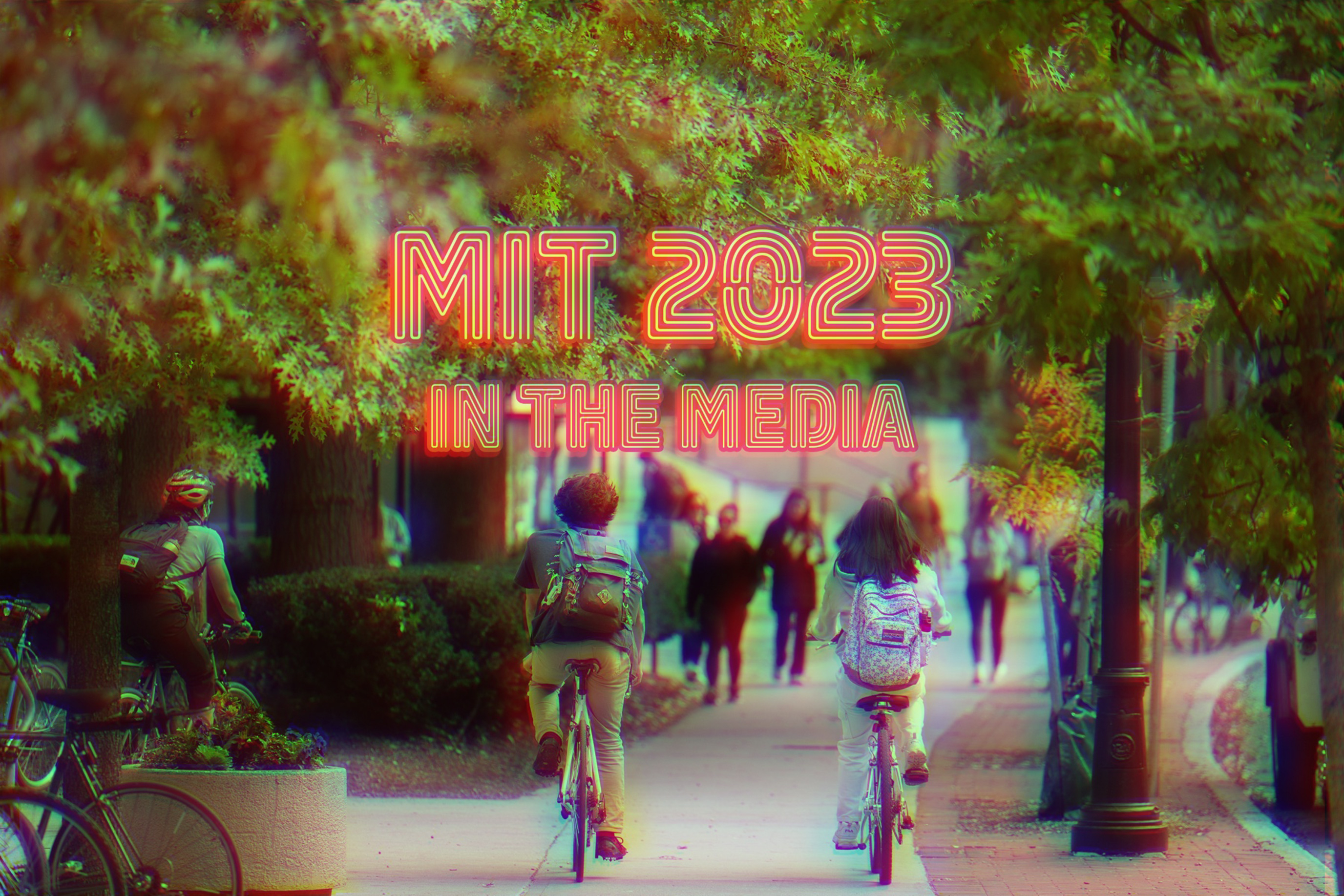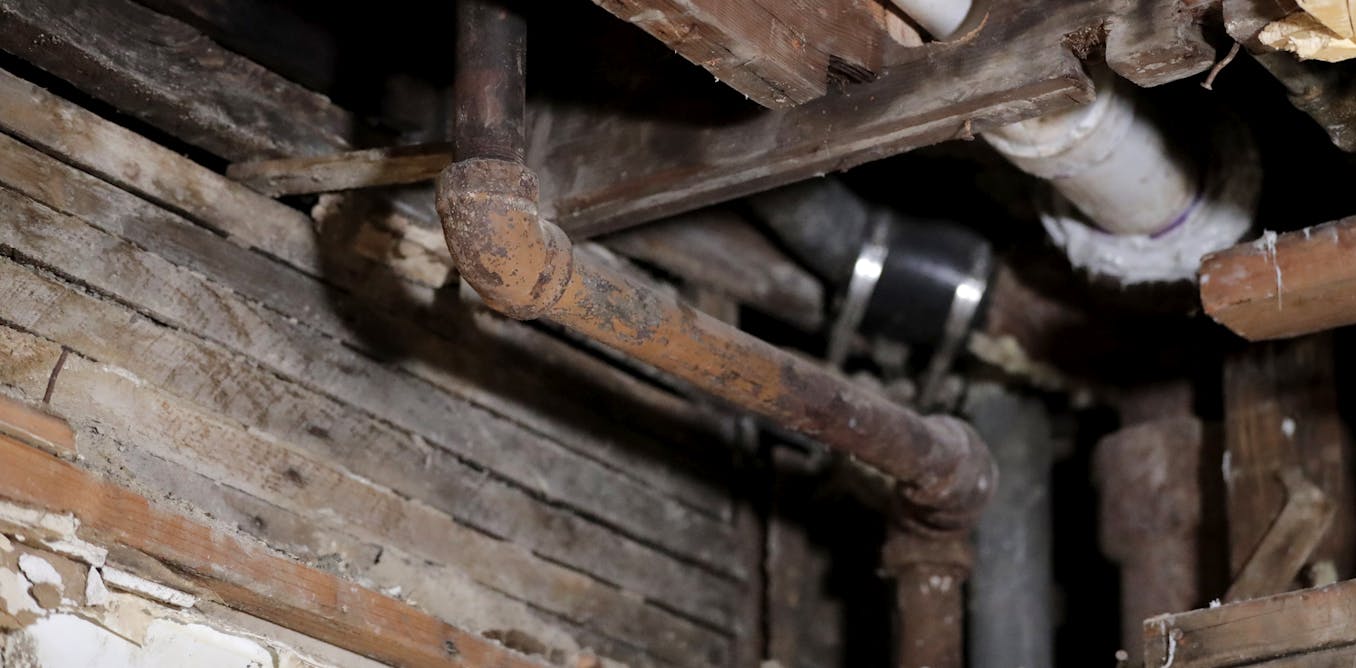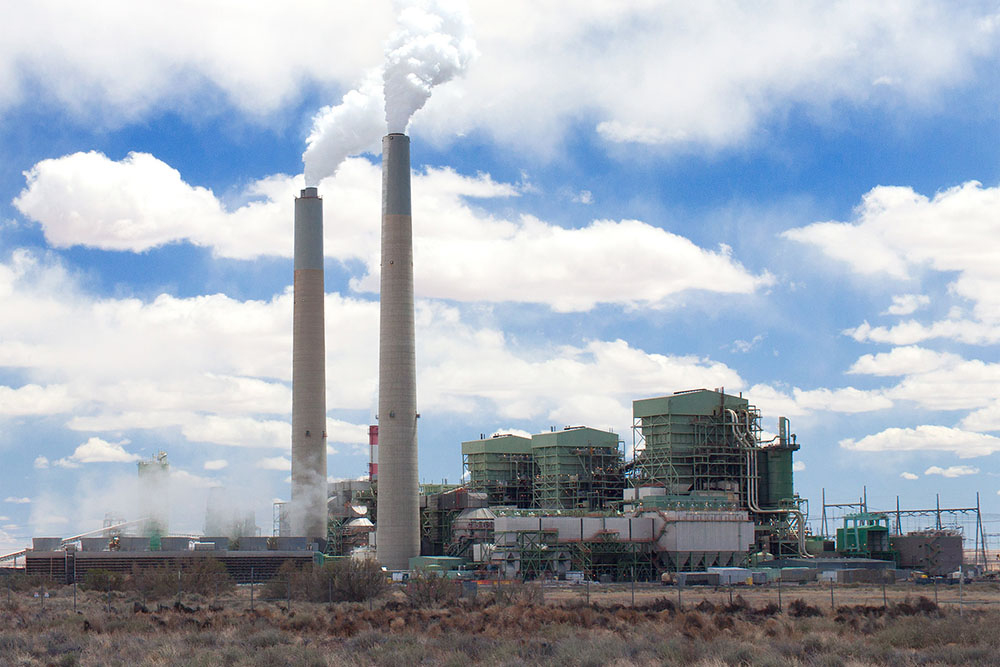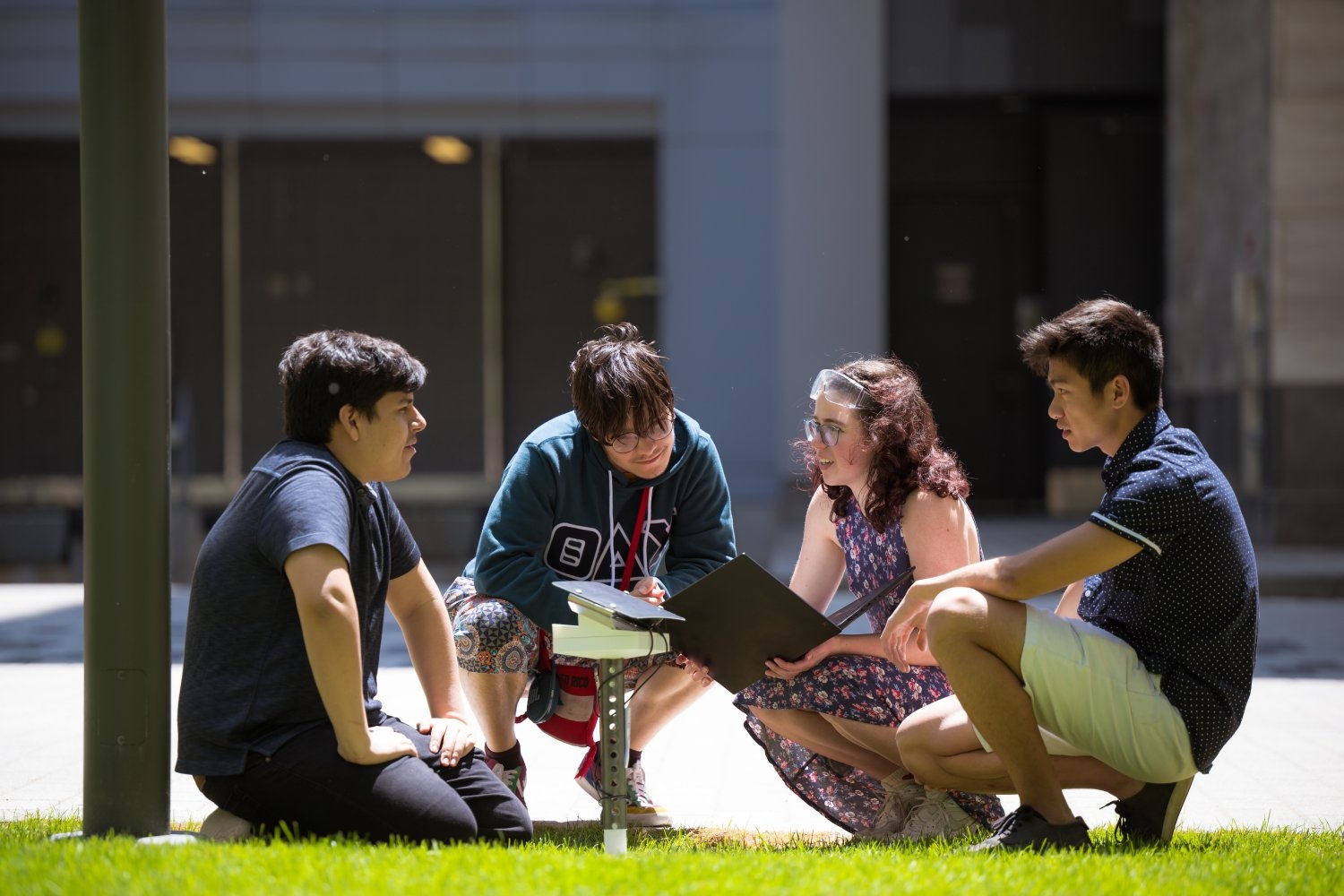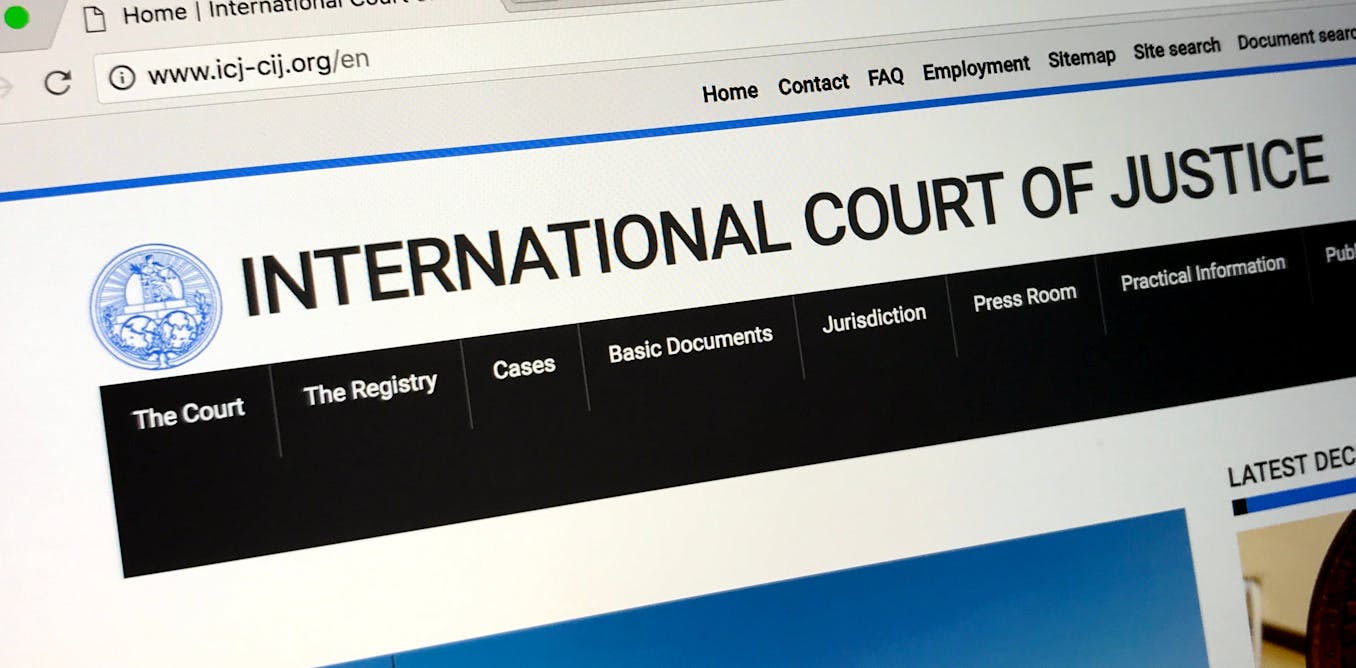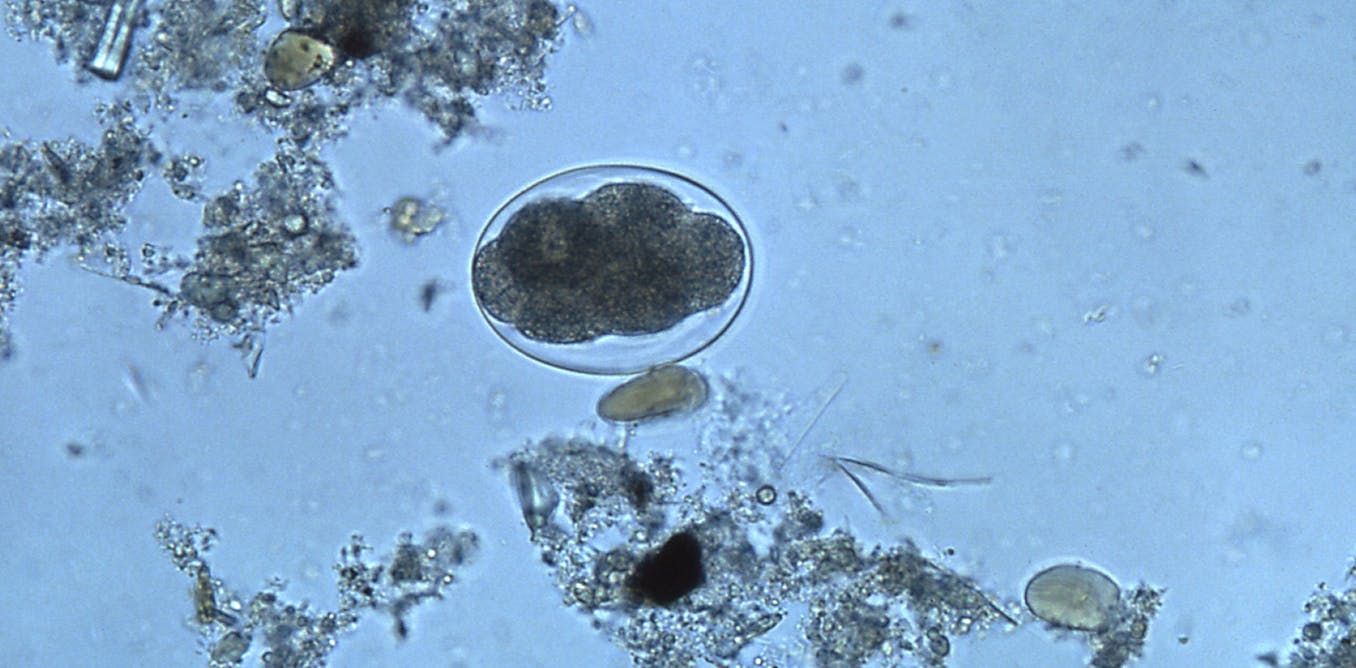A Supreme Court ruling on fishing for herring could sharply curb federal regulatory power
An important but controversial legal doctrine, known as Chevron deference, is at issue in two fishing cases. The outcome could affect many sectors across the nation.
Jan. 10, 2024 • ~10 min
Citizen science projects tend to attract white, affluent, well-educated volunteers − here's how we recruited a more diverse group to identify lead pipes in homes
For a project on identifying lead water pipes in homes, outreach through partner groups produced a more representative set of volunteers.
Dec. 6, 2023 • ~7 min
MIT engineering students take on the heat of Miami
A collaboration between MIT and Miami-Dade County has students working with city planning officials to understand why people wait patiently for a bus — and why they bail.
June 23, 2023 • ~13 min
American Indians forced to attend boarding schools as children are more likely to be in poor health as adults
Native Americans sent to government-funded schools now experience significantly higher rates of mental and physical health problems than those who did not.
June 15, 2023 • ~9 min
Governments and environmental groups are turning to international courts to address the impacts of climate change — podcast
Governments and activist groups are bringing environmental issues to international courts. They argue that the impact of climate change and environmental issues affect human rights.
June 1, 2023 • ~6 min
Parasitic infections hit the health of low-income Black communities where states have neglected sewage systems
Though many Americans believe that parasitic infections exist in poorer countries, research shows that the problem exists in the US and has a higher impact in communities of color.
May 19, 2023 • ~8 min
/
13


